Generally, software testing is a cyclical process consisting of various crucial and well-regulated steps. The process of testing depends on the mode opted, whether manual or automated. The tools were chosen for automating the testing process also make a huge difference with integration, test libraries, execution, et cetera. In the standard software testing process, test cases are created beforehand and then an automated ecosystem is run for testing. However, there is a type of software testing that doesn't include the creation of test cases and allows users to run software tests in advance of creating test cases. This is known as exploratory testing. It tests the system on the fly more flexibly and dynamically. There are numerous tools that can assist you with performing exploratory testing effectively. In this article, we will discuss the most popular exploratory testing tools available out there.
Best Exploratory Testing Tools
1. Testpad
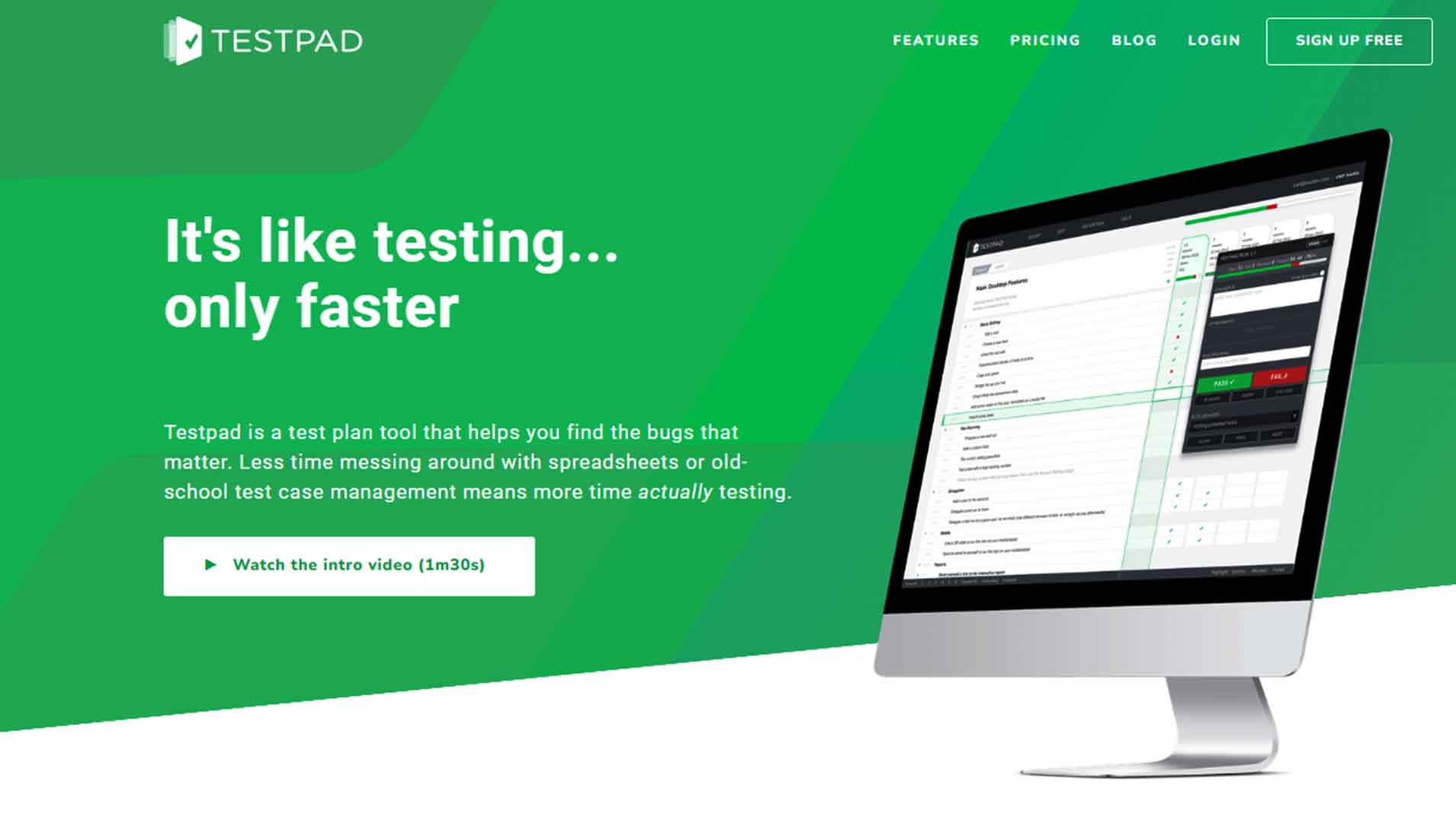
Testpad is an online testing tool for automated software testing . It can practically work with modern web browsers without any pitfalls. Moreover, it accelerates the whole process of exploratory testing. Testpad's checklist approach and its intuitive interface make the task of conducting tests simple and fast. Its flexible test design (think spreadsheet + outliner + checklist) provides a great way to track the progress of exploratory testing. It allows easy detection and exploration of bugs and controls them with a feature checklist. Reports generated by Testpad are simple but surprisingly efficient. It allows seamless integration with problem trackers like JIRA. It is a friendly tool for programmers and software quality assurance professionals.
Pricing : Testpad offers a 30-day free trial with access to its valuable features. After the trial period ends, users have to subscribe for one of its paid plans that are as follows:
Essential
: $49/month
Team
: $99/month
Department
: $249/month
Customizable
: Pricing depends on client needs.
2. PractiTest
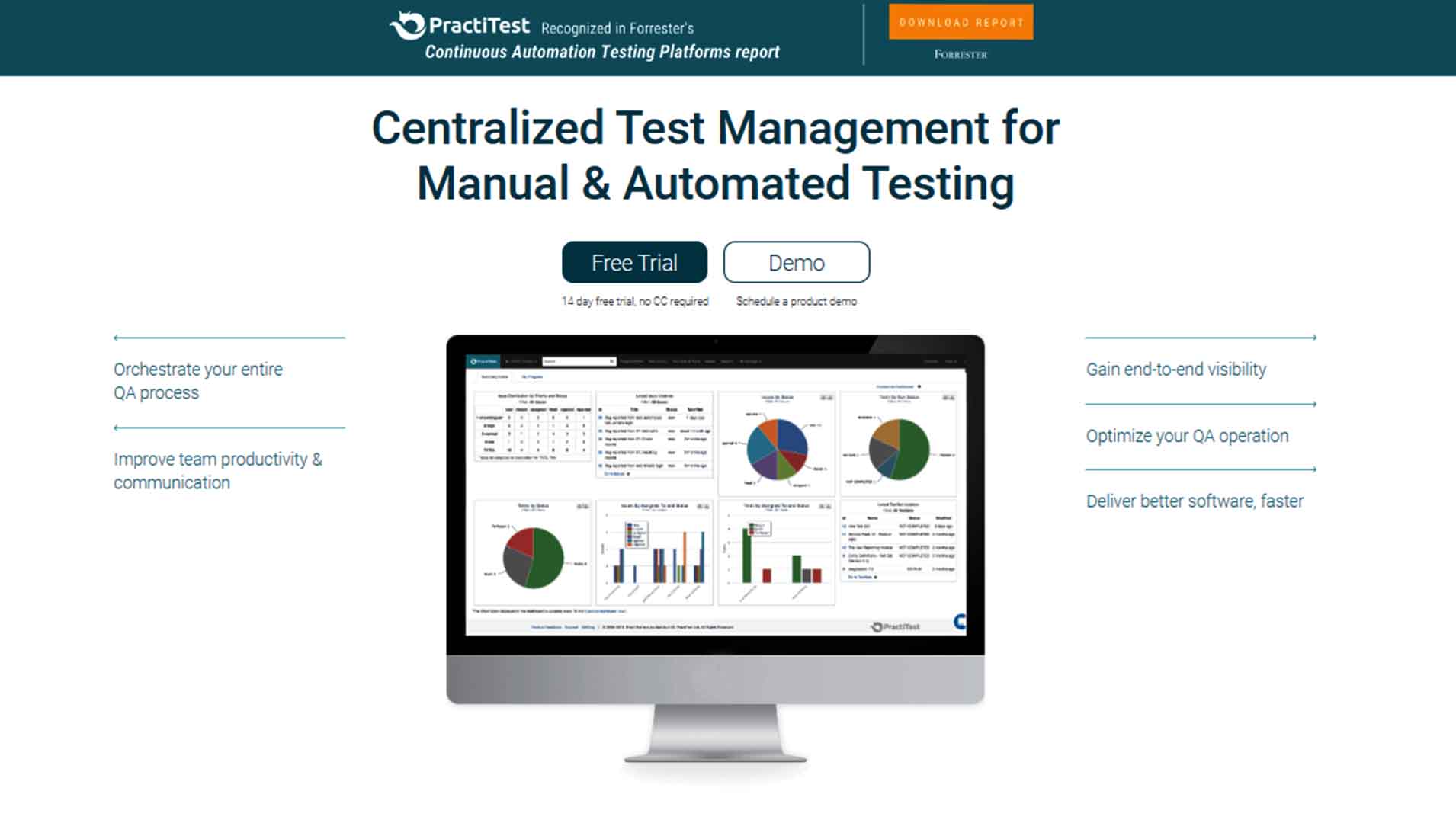
PractiTest is a test case management platform based on SaaS and is ideal for software quality assurance. Its ability to run exploratory tests on software has elevated its preference among developers. It supports documentation requirements, provides the mapping of test case requirements, creates/runs/edits test case capabilities, logs defects on the platform, and integrates them into a system for defect management. The tool allows easy collaboration among team members. It can also reuse the test cases to eliminate requirements of increased maintenance. PractiTest comes with several features and supports plug-ins and app integrations. PractiTest comes with 5 modules that are as follows:
- Requirements : This module creates and stores all the application’s requirements.
- Test Library : This module contains all of the tests.
- Test sets : This module runs tests in different ways.
- Issues : One can add, view, and modify the software anomalies in this module.
- Reports : This module assists in creating professional templates and personalizations for reports and dashboards.
Highlights
- It can import and export data and results easily.
- Supports script and exploratory testing.
- Facilitates Interactive and secure team collaborations.
- Allows customization.
- Supports Chrome, Firefox, Edge, etc. web browsers.
- Hassle-free integration with apps like JIRA, Pivotal, Slack, GitHub, Jenkins, etc.
- Supports CI/CD pipeline.
- Offers an open API to elevate flexibility and customization of tests.
- Support multi-factor authentication or MFA.
After successfully creating a test case in PractiTest, the entire application automatically reflects changes to the test case in any location of the platform. This saves considerable time and effort during testing. It provides a free trial whereas paid plans start from $39/user/month.
3. Test IO
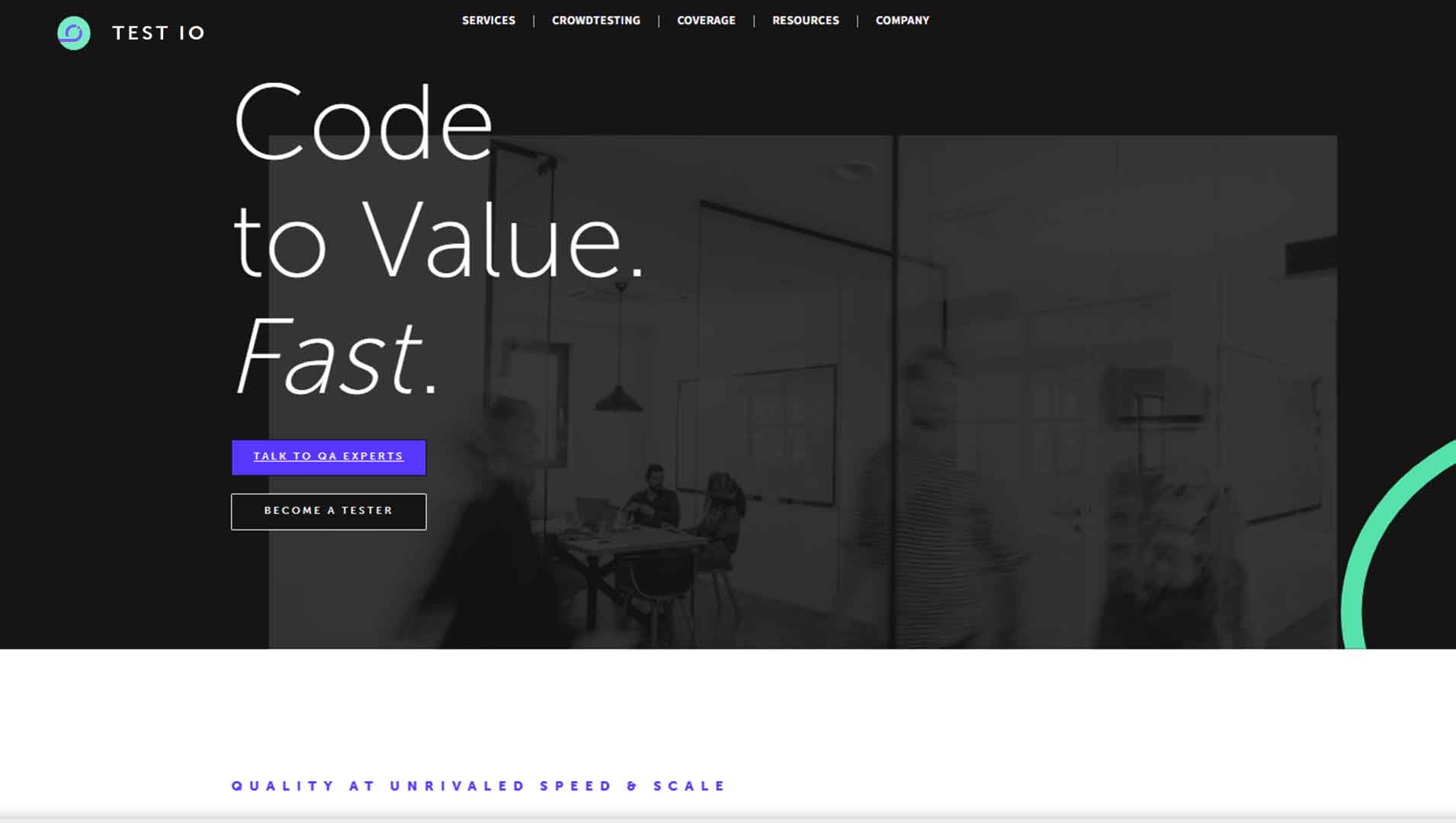
Test IO is among the most popular exploratory testing tools and is a complete solution for software quality assurance testing. It provides exploratory testing, usability testing, etc. It is suitable for website testing, mobile testing, wearable testing, and IoT testing. Also, the tool offers custom solutions for advanced software QA and workflow integration requirements.
Highlights
- It allows testing on several devices, operating systems, and browsers.
- A fast and powerful tool for exploratory testing.
- Offers quality-focussed testing.
- Identifies critical bugs.
- Increased coverage tests.
As a completely reliable and secure exploratory testing tool, Test IO is emerging as a preferable tool for programmers and modern developers. It provides a free demo to let users try its various features and offers advanced testing features in paid plans.
4. Zephyr
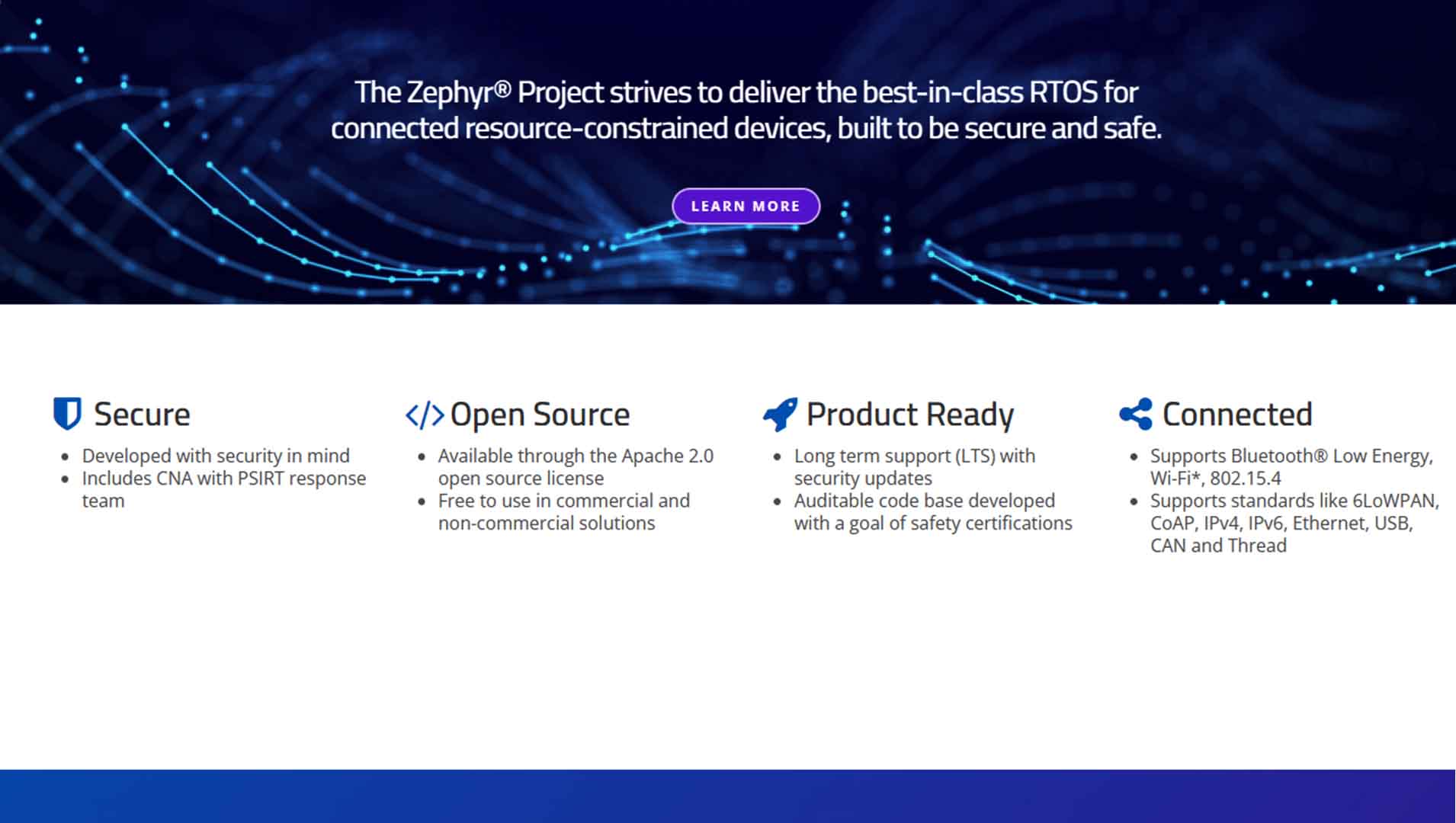
With a focus on the quality and speed of software testing, Zephyr delivers amazing results when it comes to exploratory testing. It is proving to be a reliable platform for professional quality assurance analysts.
Highlights
- Allows users to test directly inside JIRA.
- It allows you to create, plan, and run tests in less time.
- Creating, viewing, and altering individual test steps and attachments is quite easy.
- You can build test cycles, perform tests, and link defects to particular tests.
- Track metrics for quality.
- Designed with a user-friendly dashboard that provides test metrics for all projects.
- Offers end-to-end visibility.
- Scalable and increased coverage testing.
It offers three paid plans, namely Zephyr Squad, Zephyr Scale, and Zephyr Enterprise that are suitable for small, mid-size, and large teams, respectively.
5. Session Tester
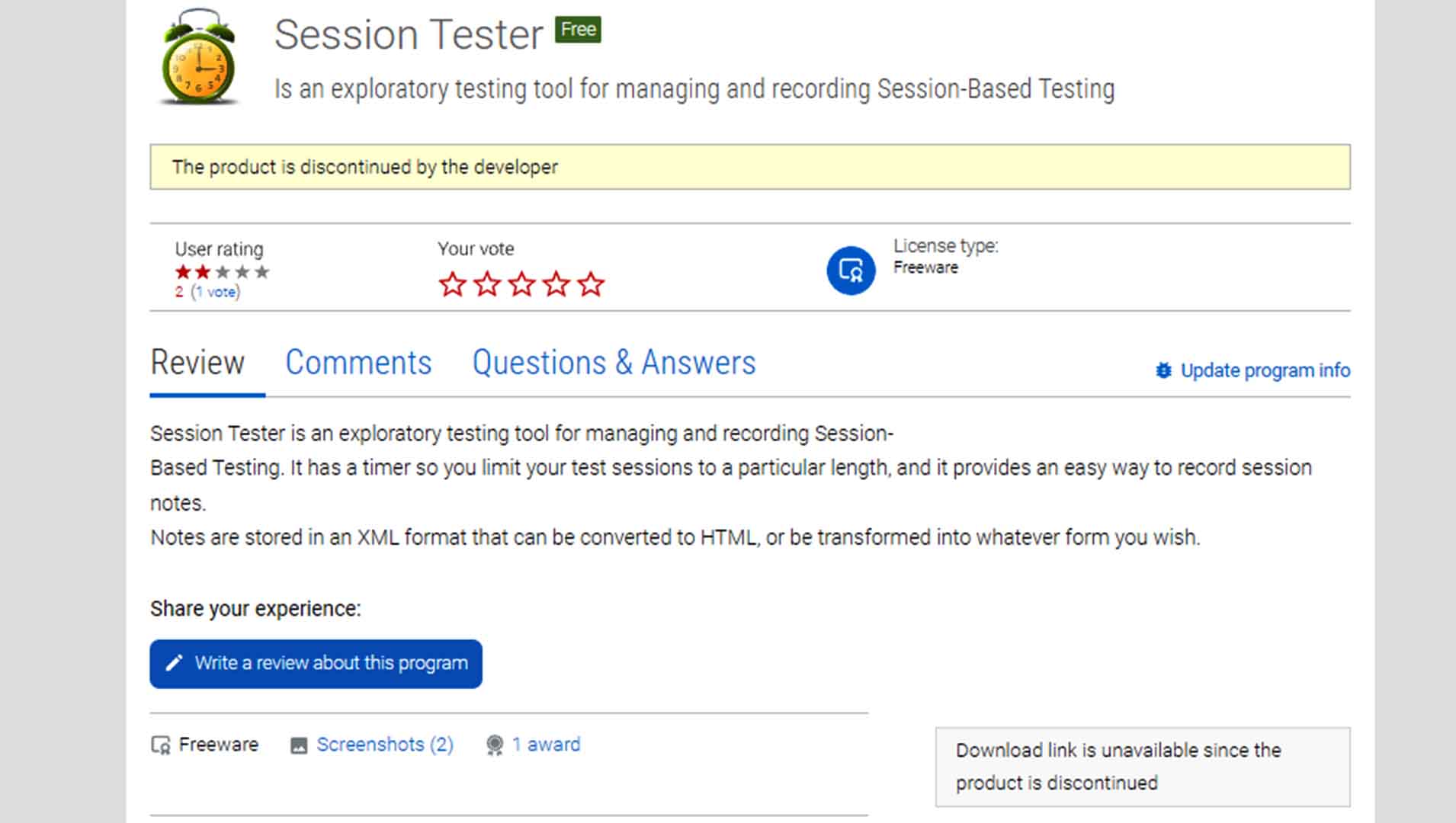
A free and open-source exploratory testing tool, Session Tester allows session-based testing to be managed and recorded. It is equipped with a timer so one can limit the length of the testing sessions. The timer makes recording notes from the session easy. Notes can then be converted to HTML or transformed in any form in XML format. It supports Windows XP/OS, Vista/7/8. Session Tester comes with no stringent limitations and can be leveraged as it is free and open-source.
6. Rapise
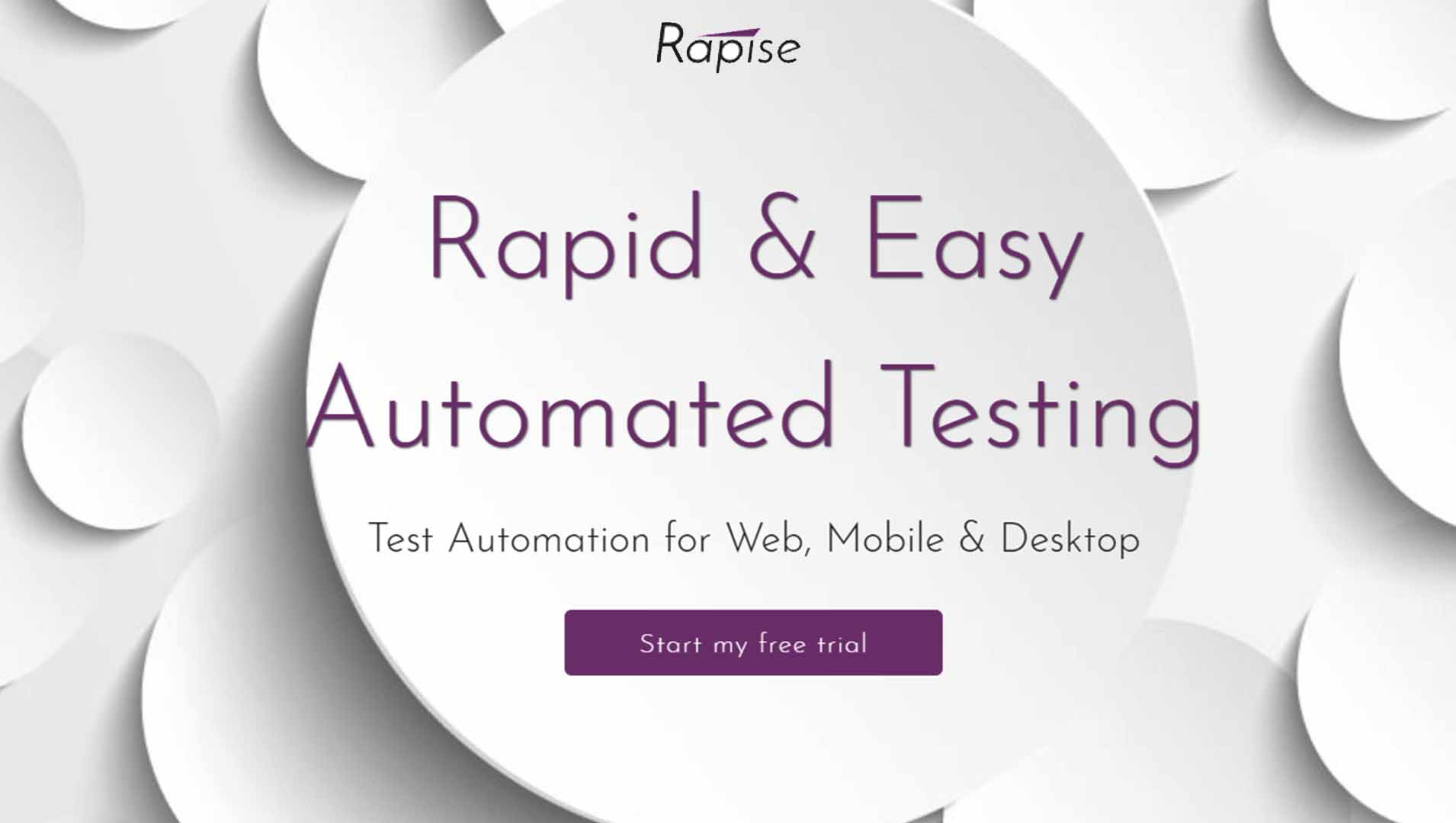
Rapise is a flexible and automated software testing tool that allows users to create test scripts, conduct cross-browser tests, and perform integration tests. It is equipped with numerous features such as object manager, data-driven approach, drag and drop, API, etc. One of the best things about Rapise is that it is extensible, allowing the user to easily extend its functionality via third-party apps.
Highlights
- It has script-free automation features.
- Allows automated test recordings and smart playback.
- Equipped with custom libraries.
- It offers support for Dynamics AX, CRM, NAV, and Office 365.
- Allows users to add validation and verification checkpoints in test scripts.
- Offers robust and insightful reporting.
- Also supports analog reporting.
- Allow users to execute tests through Selenium WebDriver.
- Support Jenkins CI integration, jMeter integration, NeoLoad integration, etc.
Apart from the features mentioned above, Rapise also supports distributed testing and hybrid application testing. The platform provides a free trial and its paid plans start from $4,999.99 per machine.
7. Rapid Reporter
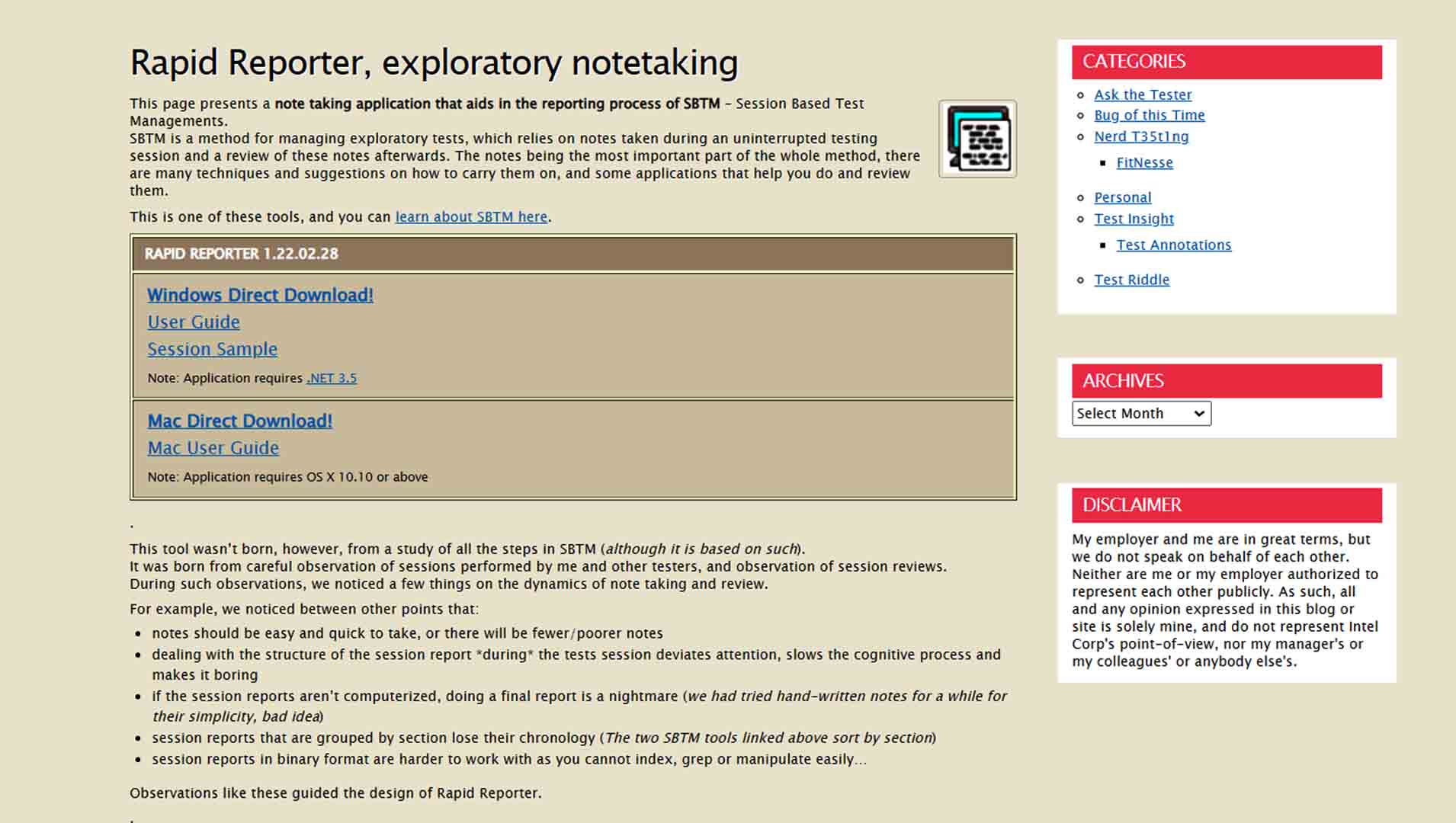
Rapid Reporter is an automation testing tool for session-based testing and thus offers SBTM or session-based test management solutions. It uses SBTM to review the notes for the completion of the exploratory testing process. These notes are taken by SBTM during the uninterrupted session testing. It is an open-source, efficient and reliable tool that helps to detect bottlenecks in software through exploratory testing. Also, Rapid Reporter can be used across different computer machines with the aid of a USB disk-on-key. Easy use and efficient results make Rapid Reporter an efficient solution for exploratory testing.
8. Testuff
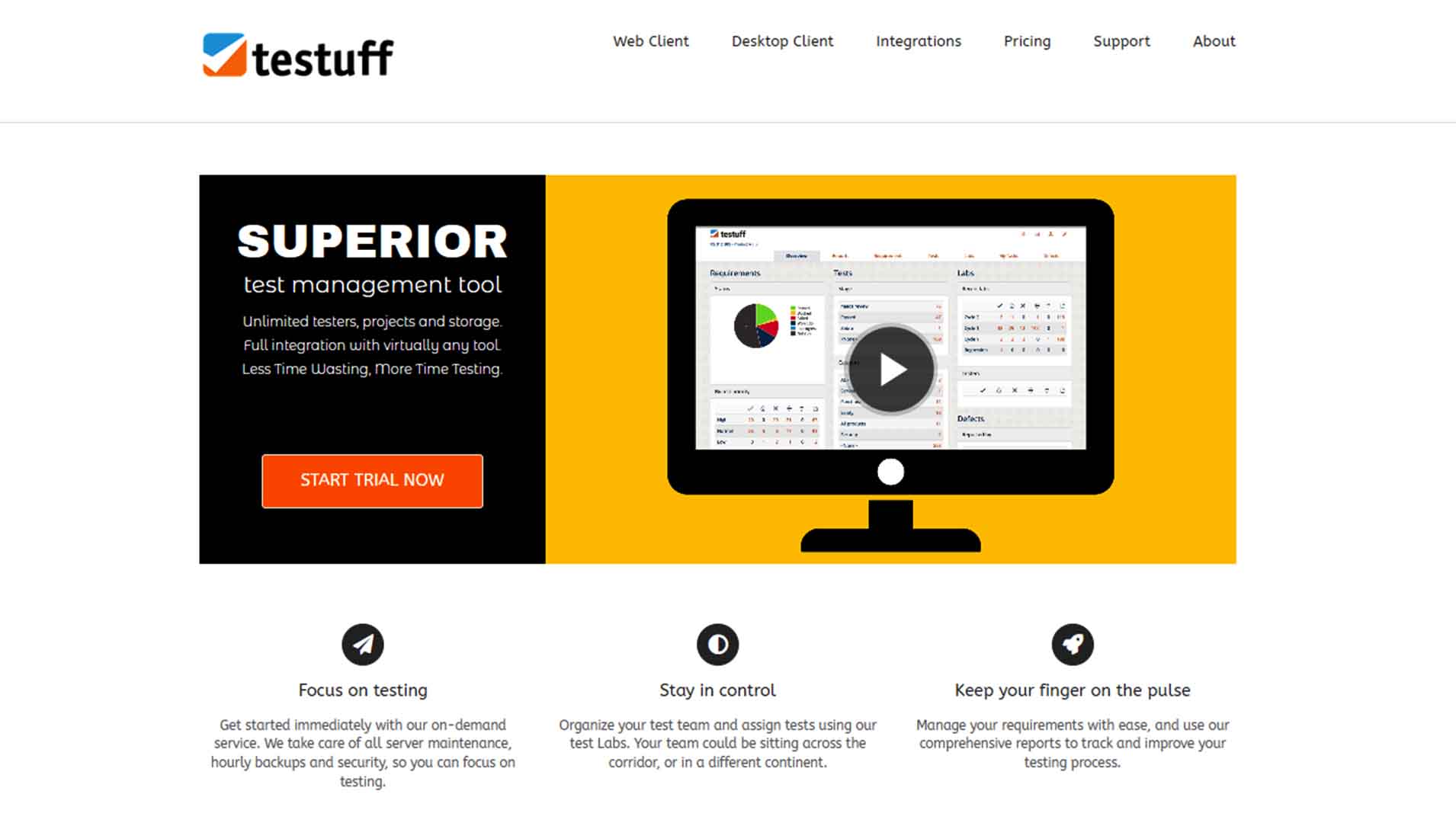
It is a simple testing tool that functions as a cloud computing service. In short, customers only need to pay for the requested services. Testuff, in addition, overcomes almost all limitations of exploratory testing and mitigates associated risks.
Highlights
- The process of planning and implementing tests can be carried out in simple steps.
- After the detected bugs are collected through testing, the Testuff bug tracker creates an efficient and detailed report.
- Elevates ease, security, speed, and accuracy of exploratory testing.
- Compatible for both web and mobile applications.
The platform offers a free trial and its paid plans are as follows:
- Monthly: $27/user/month
- Yearly: $270/user/year
- Enterprise: price on request
9. Incremental Scenario Testing Tool
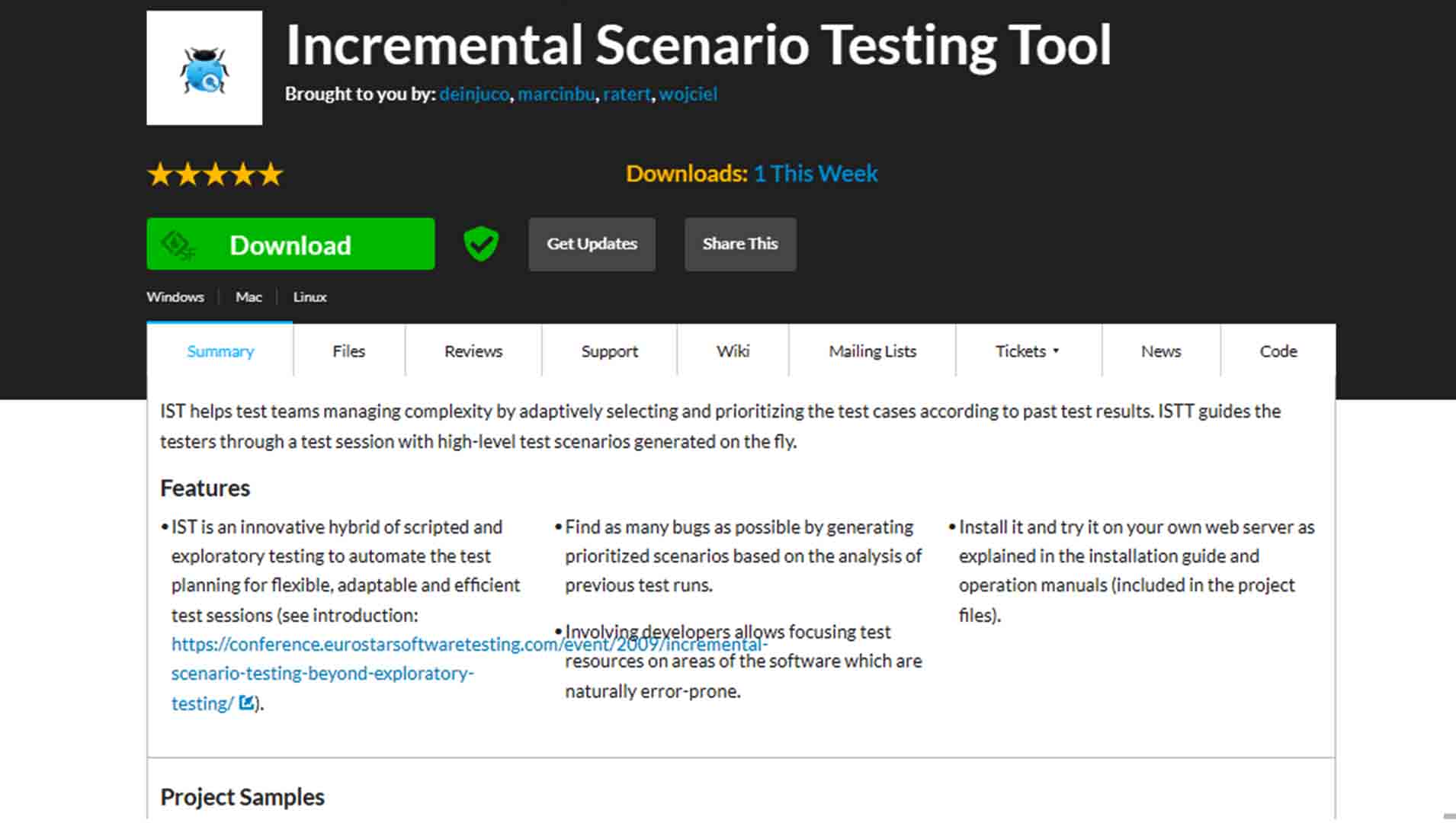
Incremental Scenario Testing Tool aids in creating efficient test plans and sessions to conduct exploratory tests. It is a hybrid and innovative tool that can make complex tests easy and achievable in no time. The test is selected based on its complexity. Also, the tool provides high-level test scenarios for more complex tests. Incremental Scenario Testing Tool can be used by test managers, developers, and QA analysts. Its friendliness, affordable pricing, and reliable results have made the Incremental Scenario Testing Tool a stable choice for exploratory testing.
10. Evernote as a supporting tool
Evernote can act as a supporting tool that will help you create and run tests. It works in a checklist-driven way instead of following systematic guidelines.
Highlights
- Open-source tool; available for free.
- Friendly with a wide range of operating systems.
- Evernote has bug-tracking tools that activate the test session and generate bug information when a new bug occurs.
Paid plans: It has two paid plans, namely Premium and Business. While the Premium plan starts at $7.99 per user month, the Business plan starts at $14.99 per user per month.
Bonus Exploratory Testing Tools
11. Micro Focus Sprinter
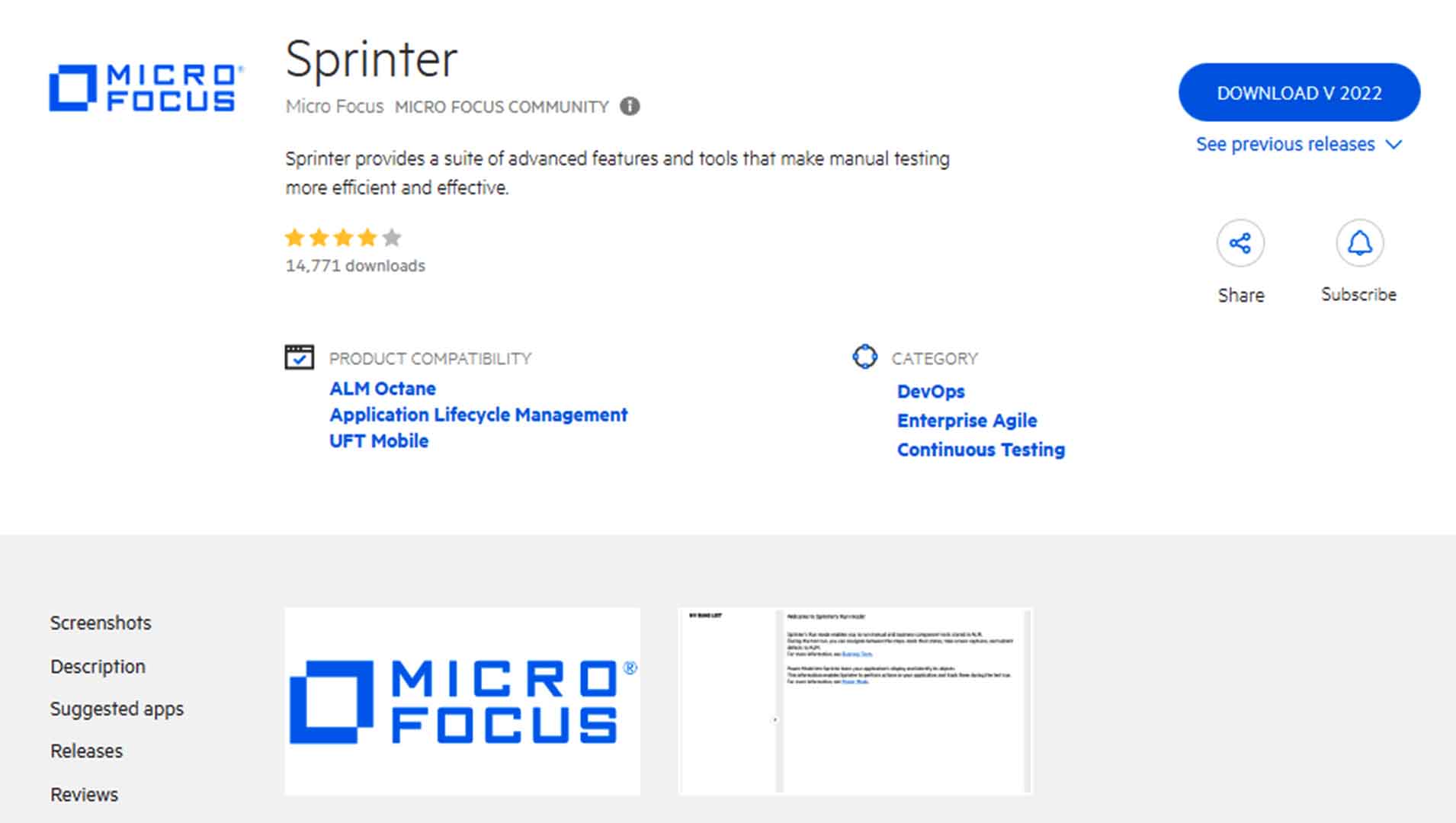
Micro Focus Sprinter is yet another efficient tool for exploratory testing. It runs exploratory tests by leveraging and capturing user actions. It is designed to implement automation and ensure higher accuracy in software testing. The tool has auto-documentation features, such as defect scanners that can scan and identify defects or anomalies in software. The incorporated data injection deletes or removes the reductant tests generated by the Micro Focus Sprinter. It also supports other testing platforms and many operating systems. It is believed to deliver an enhanced testing experience with improved reporting and increased coverage. It also facilitates team collaboration and provides visual validation with easy UFT. You can leverage Micro Focus Sprinter for free.
12. Tricentis qTest
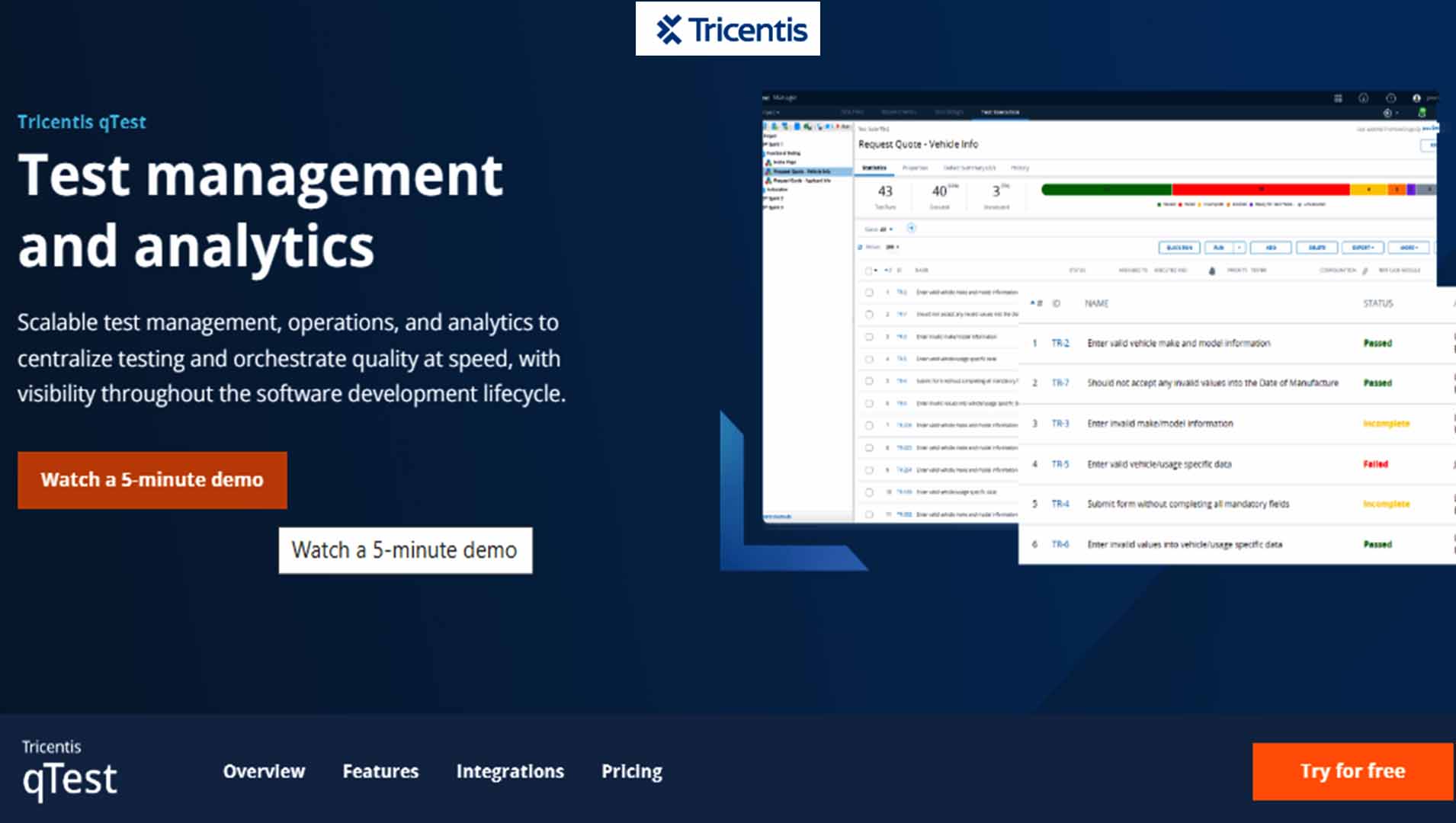
Tricentis qTest is an agile test management platform suitable for enterprises. It is a suite of agile tools that enhance the efficiency and reliability of tests. It assists developers and programmers to enhance test automation, improve collaboration, and perform exploratory testing efficiently. Tricentis qTest is powerful and easy to use. It can be used on-site or in the cloud. It can help to plan and organize testing according to the requirements of projects. It supports all major operating systems. The tool offers a 14-day free trial. In case you want to know about the Tricentis qTest pricing, you need to contact its sales team.
13. Bug Magnet
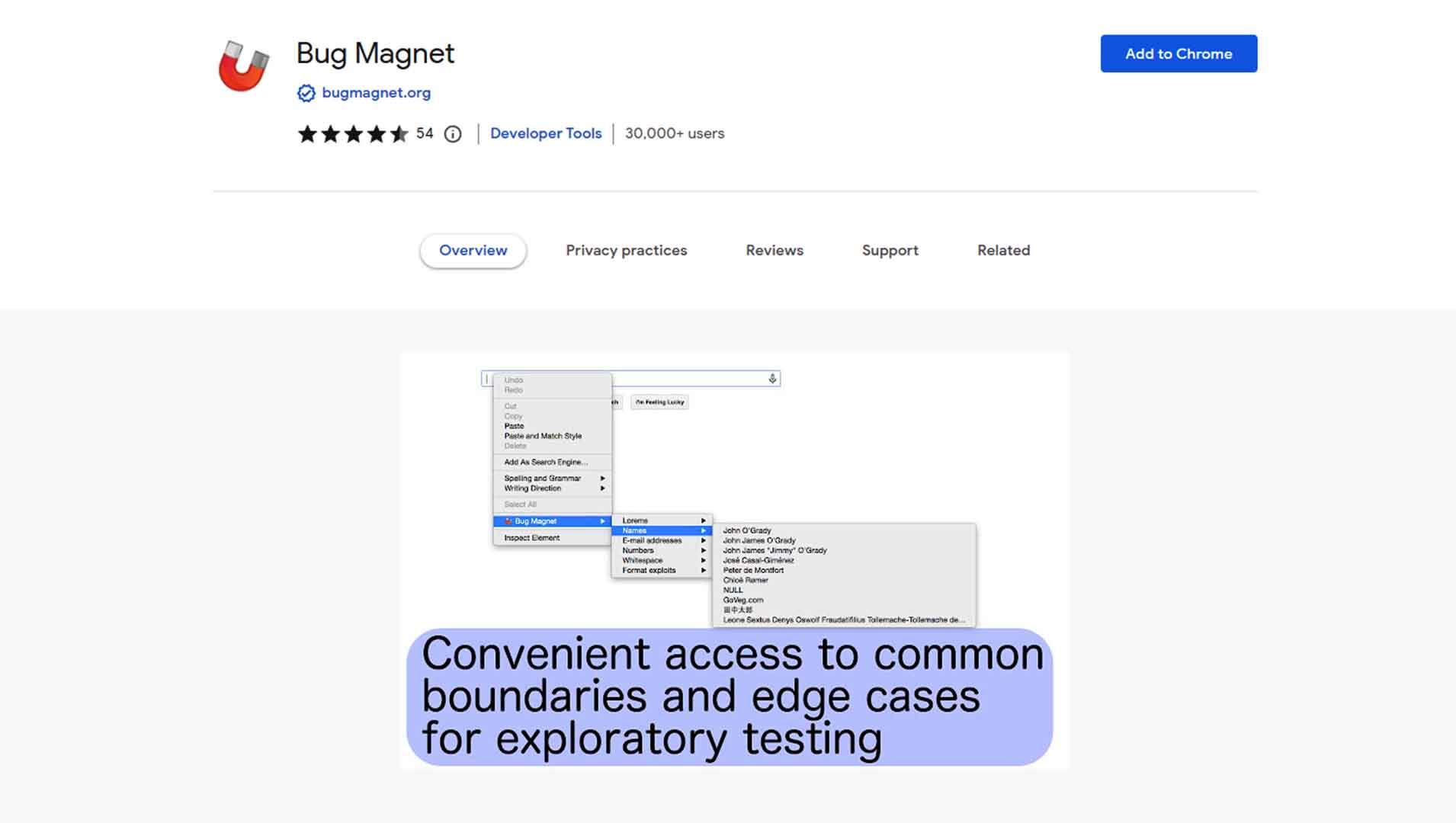
It is a tool for web-based testing that can be extended to web browsers. Bug Magnet can easily overcome testing limitations and is accessible to the edge cases for exploratory testing.
Highlights
- No third-party library dependence.
- It allows users to easily extend the testing with the aid of customized config files.
- Works efficiently on the same domain's input fields, text areas, and multiple frames.
Bug Magnet is open-source and available for free.
14. QualiTest
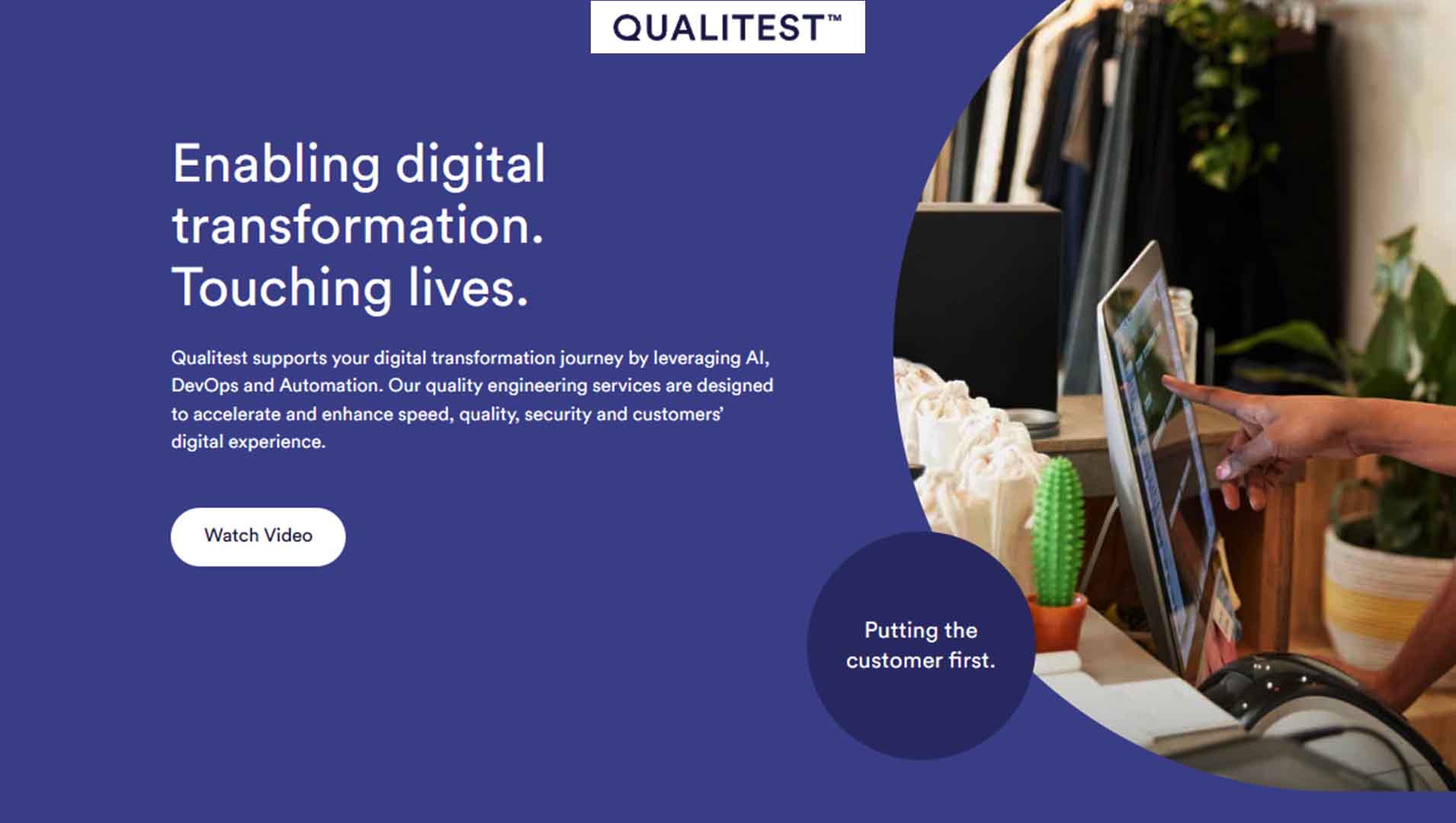
It is an automated exploratory testing tool that can run multi-length, complex test cases and identical assays in multiple configurations. This test automation enhances case testing and reduces the development time. A large amount of data can be tested. The tool is believed to mitigate risks and optimize the testing process. It is flexible to use on all major operating systems. QualiTest incorporates artificial intelligence to further enhance the speed, accuracy, and interactiveness of the exploratory testing. The platform never compensates for quality whatsoever. It is an open-source tool and you can use it for free.
Conclusion
You can run exploratory testing on software to get rid of basic anomalies, bugs, and hindrances. The testing process elevates the software performance by detecting errors and anomalies beforehand. This makes sure programmers and developers do their job more easily and feasibly. To automate the process of testing, the wide range of tools available are leveraged. One can consider and compare the tools, their features, highlights, budget, and integrations to pick the best automation tool for optimum software testing implementation.
People are also reading:
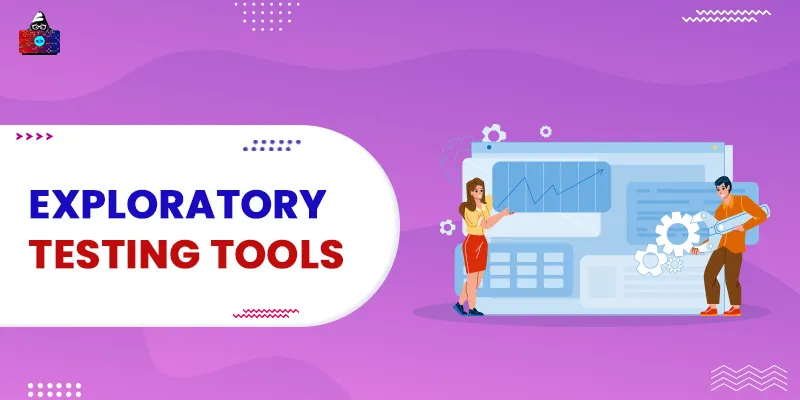

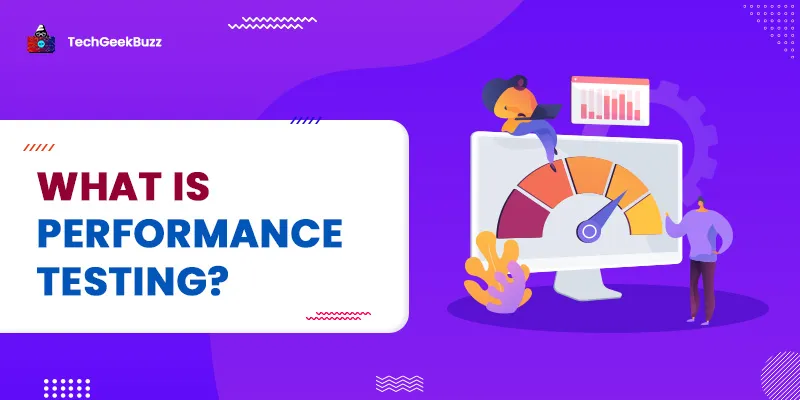
![What is Waterfall Model? [Phases, Pros, & Cons]](/media/new_post_images/Waterfall_Model.webp)

Leave a Comment on this Post